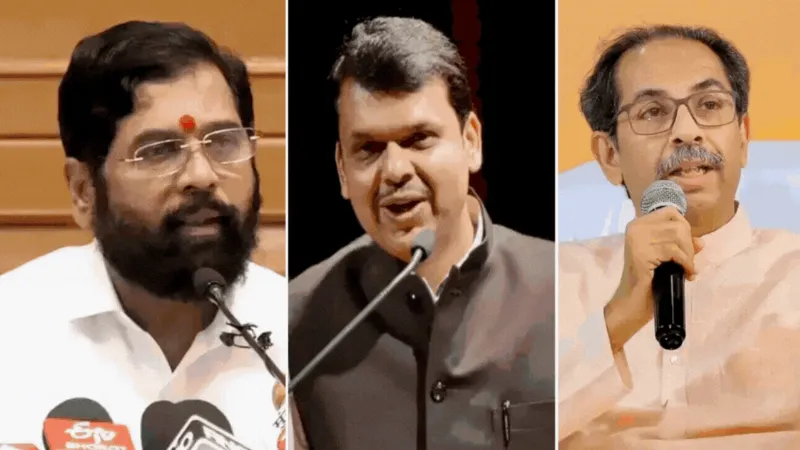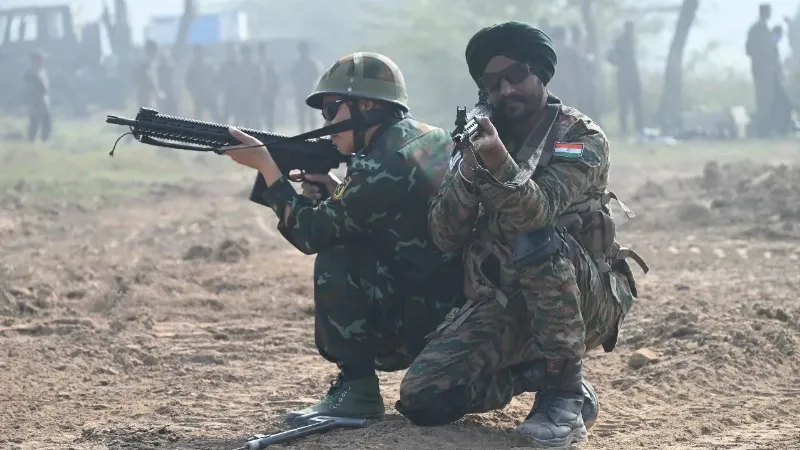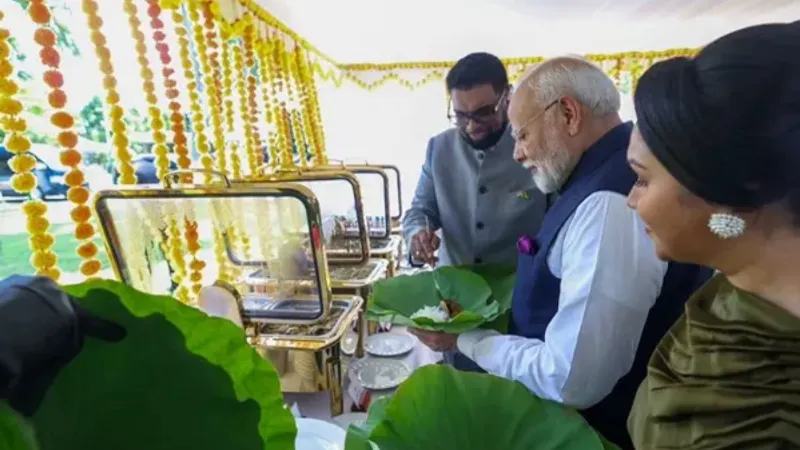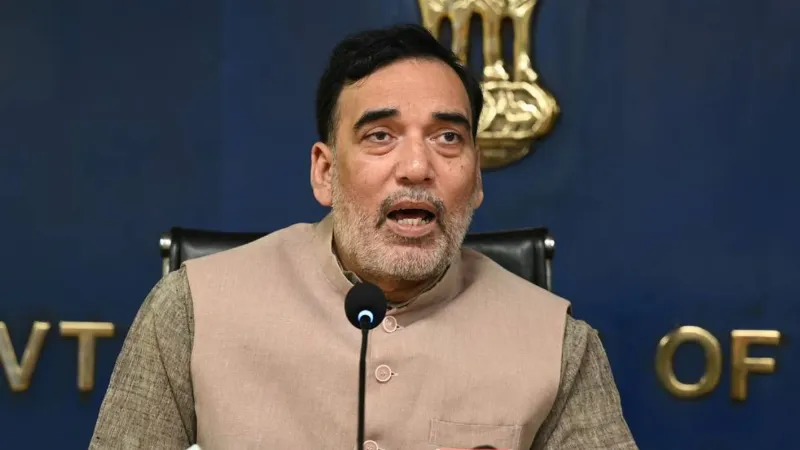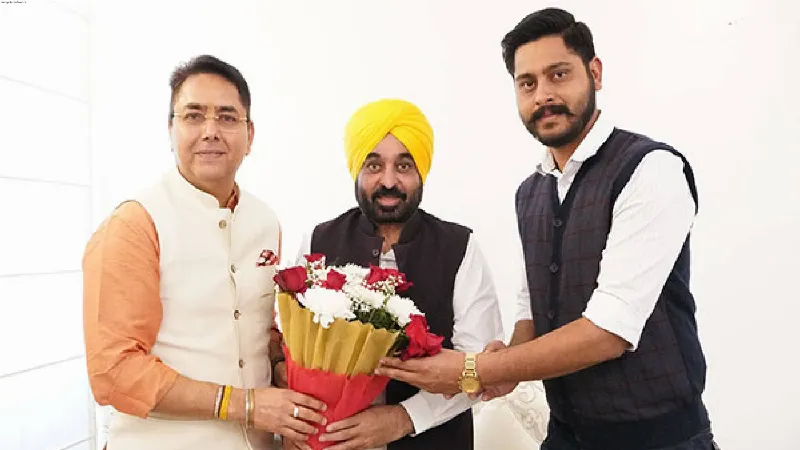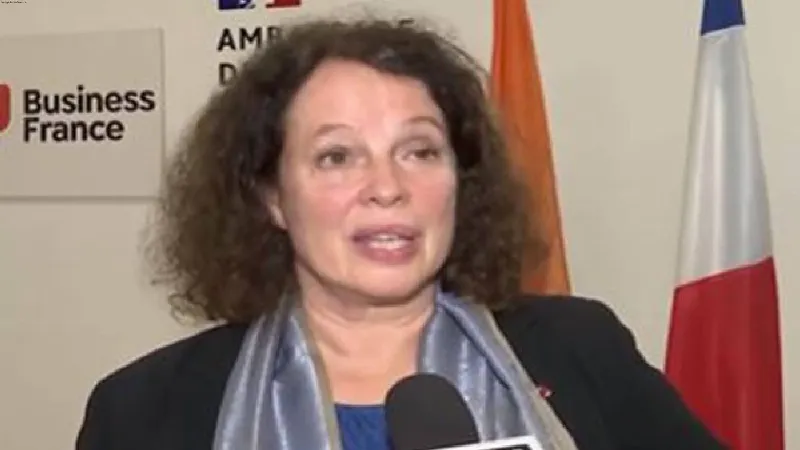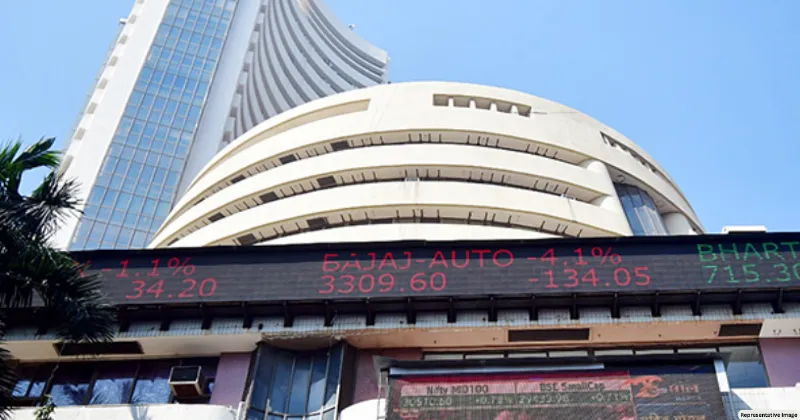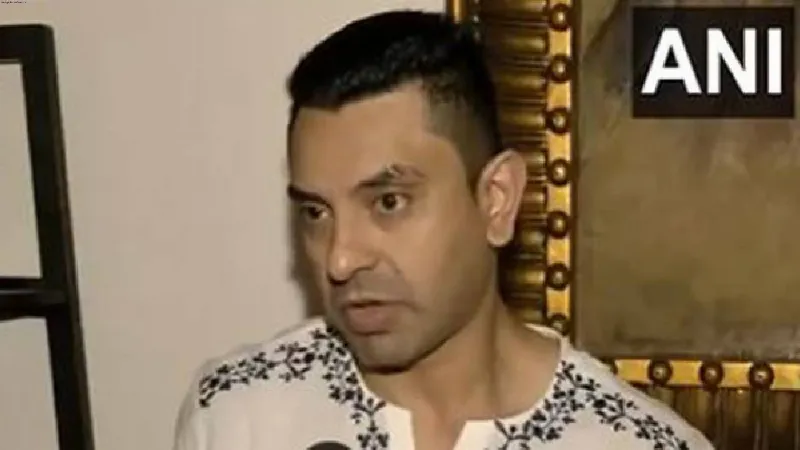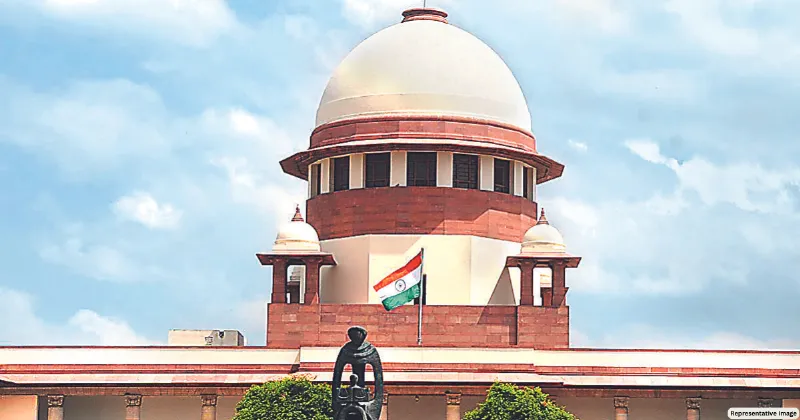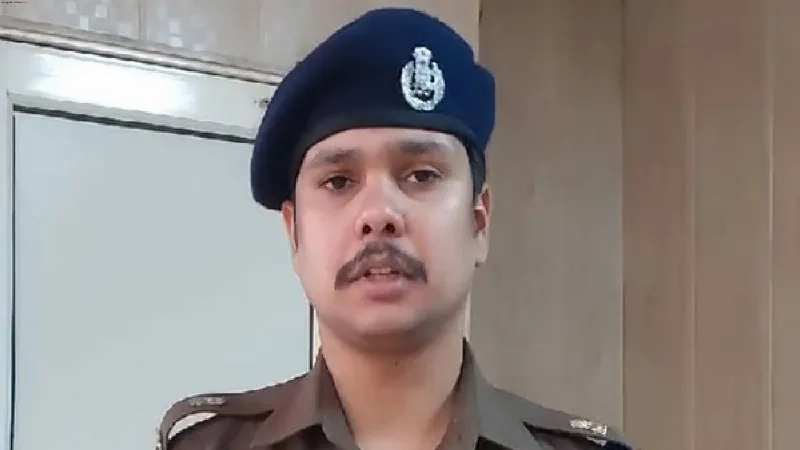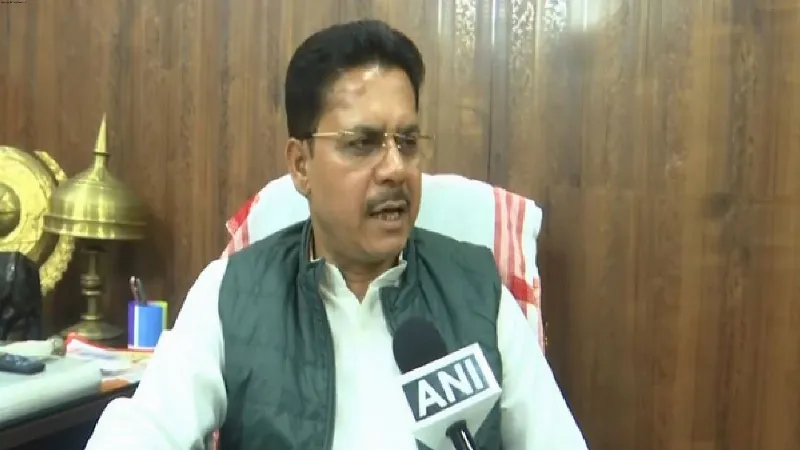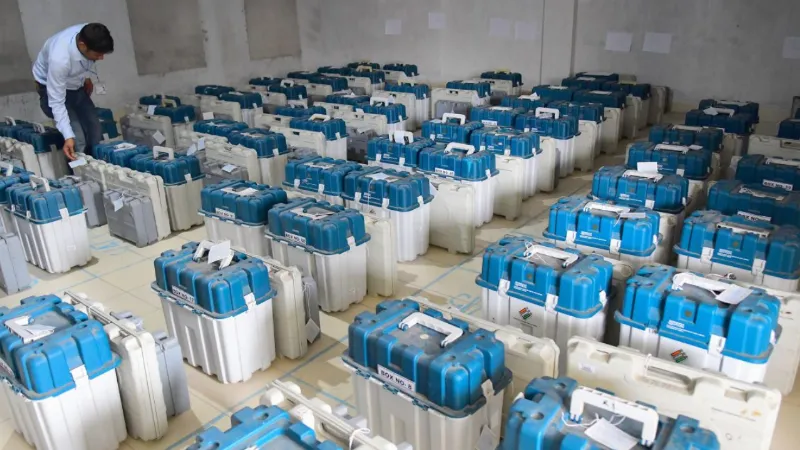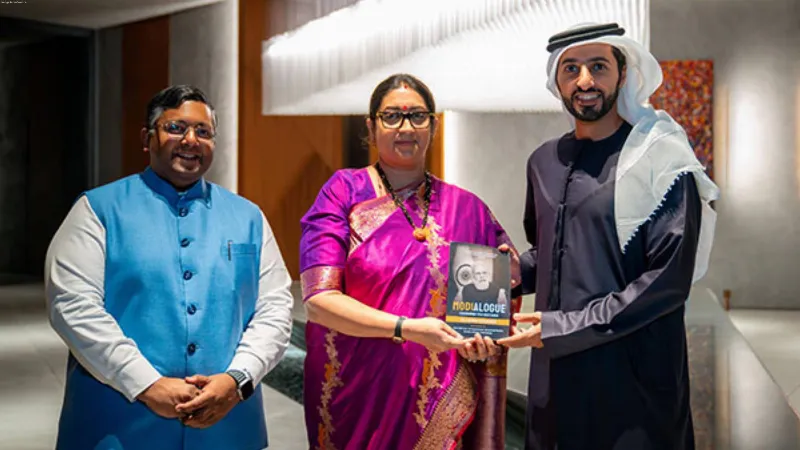BJP’S ROBUST CAMPAIGNING AGAINST INDI ALLIANCE’S DISJOINTED EFFORTS

Jaipur: With the election campaign for the last phase ending on Thursday, a clear distinction emerges between the BJP’s well-coordinated, high-energy rallies and the I.N.D.I. Alliance’s scattered, individualized efforts. The BJP’s cohesive strategy, spearheaded by PM Modi and top leaders, stands in stark contrast to the I.N.D.I. Alliance’s lack of unified presence on the ground.
PM MODI’S RELENTLESS RALLIES
Prime Minister Narendra Modi has set a relentless pace, conducting over 200 rallies and roadshows and also engaged with numerous media outlets. His campaign spans the length and breadth of India, from Kashmir to Kanyakumari, and includes key battleground states such as Rajasthan, Bihar, West Bengal, Uttar Pradesh, Gujarat, Telangana, Karnataka and Assam. As the campaign ended on May 30, PM Modi is said to have hit the 200-rally mark, showcasing his commitment to maintaining a strong presence across the nation.
TOP LEADERSHIP ON THE GROUND
The BJP’s top brass, including Amit Shah, Rajnath Singh, and Yogi Adityanath, have actively participated in the campaign. Amit Shah has held over 100 rallies, with Yogi Adityanath conducting around 100 campaigns as well. This unified front highlights the party’s strategy to emphasize its achievements under Modi’s leadership and its vision for the next five years.
STRATEGIC RALLY DISTRIBUTION
Modi’s rallies have been strategically distributed, with significant attention to the Hindi heartland, crucial for electoral success. Maharashtra, Uttar Pradesh, Karnataka, and Rajasthan have seen a high concentration of rallies. The party has also ensured a presence in southern states, albeit to a lesser extent, with a notable number of rallies in Kerala, Tamil Nadu, and Telangana.
I.N.D.I. ALLIANCE’S DISJOINTED CAMPAIGN EFFORTS
In contrast, the I.N.D.I. Alliance, particularly the Congress, has shown a less coordinated effort. Rahul Gandhi, a central figure in the opposition, has held around 60 rallies, primarily focused on southern states like Telangana, Kerala, Karnataka, and Tamil Nadu. His sister, Priyanka Gandhi Vadra, has participated in 29 rallies, also showing a south-centric approach.
LACK OF UNIFIED EFFORT
The I.N.D.I. Alliance’s campaign has been marred by a lack of unity. While Congress leaders have campaigned individually, other alliance partners have remained largely confined to their states. For instance, Akhilesh Yadav has been the notable exception, stepping out to support Congress in UP, whereas leaders like Sharad Pawar, Arvind Kejriwal, MK Stalin, and Lalu Prasad Yadav have focused on their respective states.
OPPORTUNITIES MISSED FOR OPPN
Significant moments, such as Rahul Gandhi filing his nomination in Raebareli, saw a conspicuous absence of I.N.D.I. Alliance leaders. This missed opportunity for a united front stands in stark contrast to PM Modi’s nomination in Varanasi, where 26 NDA leaders, including 16 national presidents of various partners, showcased their solidarity.
Conclusion: As the 2024 Lok Sabha elections approach their final phase, the contrast between BJP’s united, highenergy campaign and the I.N.D.I. Alliance’s fragmented approach is stark. The BJP’s strategic deployment of its top leaders across the nation, combined with a strong narrative on achievements and future promises, positions it favourably. Meanwhile, the I.N.D.I. Alliance’s disjointed efforts and lack of visible unity raise questions about their ability to present a credible challenge to PM Modi’s robust campaign machinery. The evolving dynamics of these campaigns will undoubtedly shape the final outcomes as a total of 57 parliamentary constituencies across eight states and Union Territories vote on June 1 in last phase of LS polls.

